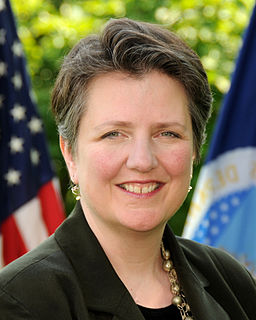A Quote by Amos Lee
Understanding where your food comes from, trying to bolster local farmers and local economies and having a better connection to the food around you and the people around you, only good can come of that. I love to be involved with things like that.
Related Quotes
SNAP benefits help local economies because the benefits are spent at local grocery stores - with locally grown and locally-made products. I remember many years ago, while on food stamps, I advocated for the benefits to be spent at local farmers markets - a move that has helped local economies even more.
Anybody interested in solving, rather than profiting from, the problems of food production and distribution will see that in the long run the safest food supply is a local food supply, not a supply that is dependent on a global economy. Nations and regions within nations must be left free and should be encouraged to develop the local food economies that best suit local needs and local conditions.
There's also a growing trend toward having gardens in schools to literally show kids where food comes from by having them grow and prepare their own food. There's also a movement that's bringing farmers into schools and creating relationships between local farms and local cafeterias, so that instead of frozen mystery meat, you have fresh produce that's coming from the area that has a name and a face associated with it.
You do need some dispensation for local farmers, because the fast food industry will promote the unsanitary conditions of farming. With vegetables, you have to be careful where they come from; you have to know the farmers and trust them. If you buy from the farmers' market, it's already been investigated.
I think as individuals, people overrate the virtues of local food. Most of the energy consumption in our food system is not caused by transportation. Sometimes local food is more energy efficient. But often it's not. The strongest case for locavorism is to eat less that's flown on planes, and not to worry about boats.




































